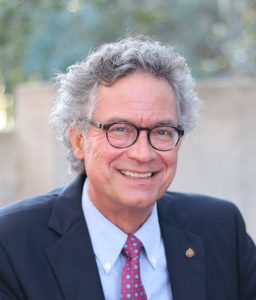Orazem and Watson Publish Ground-breaking Impedance Data Analysis Program
Posted on November 9, 2020 by Frances ChavesMark Orazem reflects on now, as opposed to then
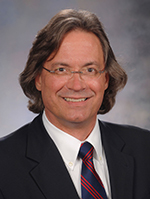 When we started on our COVID-19 interview series, no one knew how long the pandemic would last or the long-term impact it would have on our community. As we approach the end of a year of living in the shadow of COVID-19, we thought it useful to follow up with some of our interviewees. We learned that research, collaboration, teaching, and learning are continuing to evolve—along with the challenges of distance learning, meeting, and life.
When we started on our COVID-19 interview series, no one knew how long the pandemic would last or the long-term impact it would have on our community. As we approach the end of a year of living in the shadow of COVID-19, we thought it useful to follow up with some of our interviewees. We learned that research, collaboration, teaching, and learning are continuing to evolve—along with the challenges of distance learning, meeting, and life.
When we spoke with Mark Orazem last spring about the impact of the COVID-19 pandemic, he was on a sabbatical that did not turn out as planned. Now he is back teaching at the University of Florida where he is Distinguished Professor in the Department of Chemical Engineering. (more…)
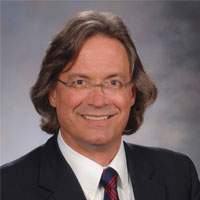 Mark Orazem on a Sabbatical that Doesn’t go According to Plan
Mark Orazem on a Sabbatical that Doesn’t go According to Plan
In our series, The ECS Community Adapts and Advances, Mark Orazem recounts how he made good use of a sabbatical year that didn’t turn out to be anything like he expected. Currently Professor of Chemical Engineering at the University of Florida (UF), he was officially on leave for the 2019-2020 academic year. He is returning to a very different environment than he left a year ago. (more…)
Two key ECS members have recently received prestigious professorship awards from the University of Florida’s Department of Chemical Engineering. The department has recognized Mark Orazem and Fan Ren for their outstanding commitment to education and innovative research in chemical engineering.
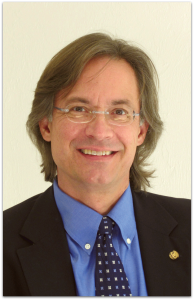 Mark Orazem was awarded the ExxonMobil Gator Chemical Engineering Alumni Professorship for his excellence in research and tremendous impact in academia. Orazem, an ECS Fellow, joined the Society in 1978 and has previously been recognized for his excellence in student impact in 2012 when he received the ECS Henry B. Linford Award for Distinguished Teaching.
Mark Orazem was awarded the ExxonMobil Gator Chemical Engineering Alumni Professorship for his excellence in research and tremendous impact in academia. Orazem, an ECS Fellow, joined the Society in 1978 and has previously been recognized for his excellence in student impact in 2012 when he received the ECS Henry B. Linford Award for Distinguished Teaching.
Orazem is a recognized expert on impedance spectroscopy. His research helps to provide valuable insight into such diverse systems as batteries, fuel cells, corroding metals, and human skin. His research ranges in scope—from assisting in the development of biosensors for companies such as Medtronic to engineering dewatering mining waste streams for Mosaic. He served for ten years as an associate editor for the Journal of The Electrochemical Society and authored the seminal Electrochemical Impedance Spectroscopy.
(PS: You can take a course instructed by him at the 228th ECS Meeting!)
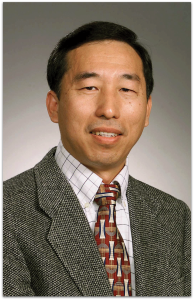 Fan Ren was awarded the Fred and Bonnie Edie Professorship, representing the highest standards of chemical engineering and serving as a role model for students. Ren is an ECS Fellow and an active member of the ECS Electronics & Photonics Division.
Fan Ren was awarded the Fred and Bonnie Edie Professorship, representing the highest standards of chemical engineering and serving as a role model for students. Ren is an ECS Fellow and an active member of the ECS Electronics & Photonics Division.
His groundbreaking research centers around electronic material and devices, where he pioneered the use of wide bandgap semiconductor sensors for chemical and biological detections. His acceptance lecture upon receiving the Gordon E. Moore Medal for Outstanding Achievement in Solid State Science and Technology in 2013 focused on this topic of researcher, detailing the cross-section between semiconductors and biosensors for medical applications such as glucose monitoring, biomarker detection for infectious diseases, and cancer diagnosis.


